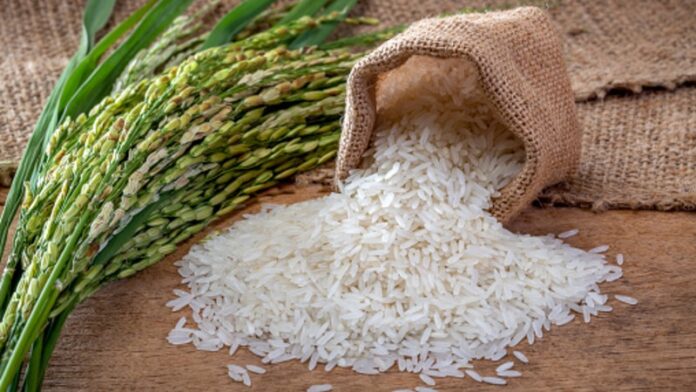ISLAMABAD: While Pakistan’s rice export witnesses a declining trend, increasing freight rate threatens to further damage exports, especially that of highly valued variant, Basmati.
According to exporters, international shipping companies have increased freight rates to around 400 per cent during the past six months without any increase in capacity of lifting goods or number of ships as the international market has been opened for trade after a prolonged closure due to the pandemic.
According to data shared by Rice Exporters Association of Pakistan (REAP), rice export faced a 14 per cent decrease during 11MFY21; however, Adviser to PM on Commerce Abdul Razak Dawood claimed that the total decline was recorded 8 per cent in the said period.
“The freight charges for North America used to be $100 per tonne. However, shipping companies are now charging $300 per tonne. The situation is the same in Europe and US where Pakistani rice is becoming noncompetitive at a fast pace,” REAP former Vice President Tuafiq Ahmed Khan claimed.
Speaking with Profit, traders said that the high cost of shipping consignments and non-availability of containers are posing a serious challenge to the outbound shipments. They said abrupt and steep rise in freight cost and non-availability of containers create an uncertain and risky environment, which will make it hard for exporters to meet delivery commitments of foreign buyers.
“Since these markets are crucial for Pakistan’s Basmati, the government should operate Pakistan National Shipping Corporation (PNSC) ships on these routes to avoid abnormally high freight rates and shortage of containers,” the former REAP official suggested.
He said that exporters will not be able to compete in international markets as they are afraid of cancellation of orders, which ultimately result in a loss of huge foreign exchange to the country.
It is pertinent to mention here that the overall impact of the high freight charges would be a 20 to 30 per cent reduction in cumulative export of rice of the country.
Exporters have also asked the minister for maritime affairs in particular, and the federal government in general, to take notice and intervene in the matter for providing relief to the country’s rice export sector, which is the second largest source of earning forex.
It may be noted here that Pakistan exported 3.3 million tonnes of both basmati and other rice varieties during 11MFY21, a fall from 3.87 million tonnes in 11MFY20.























